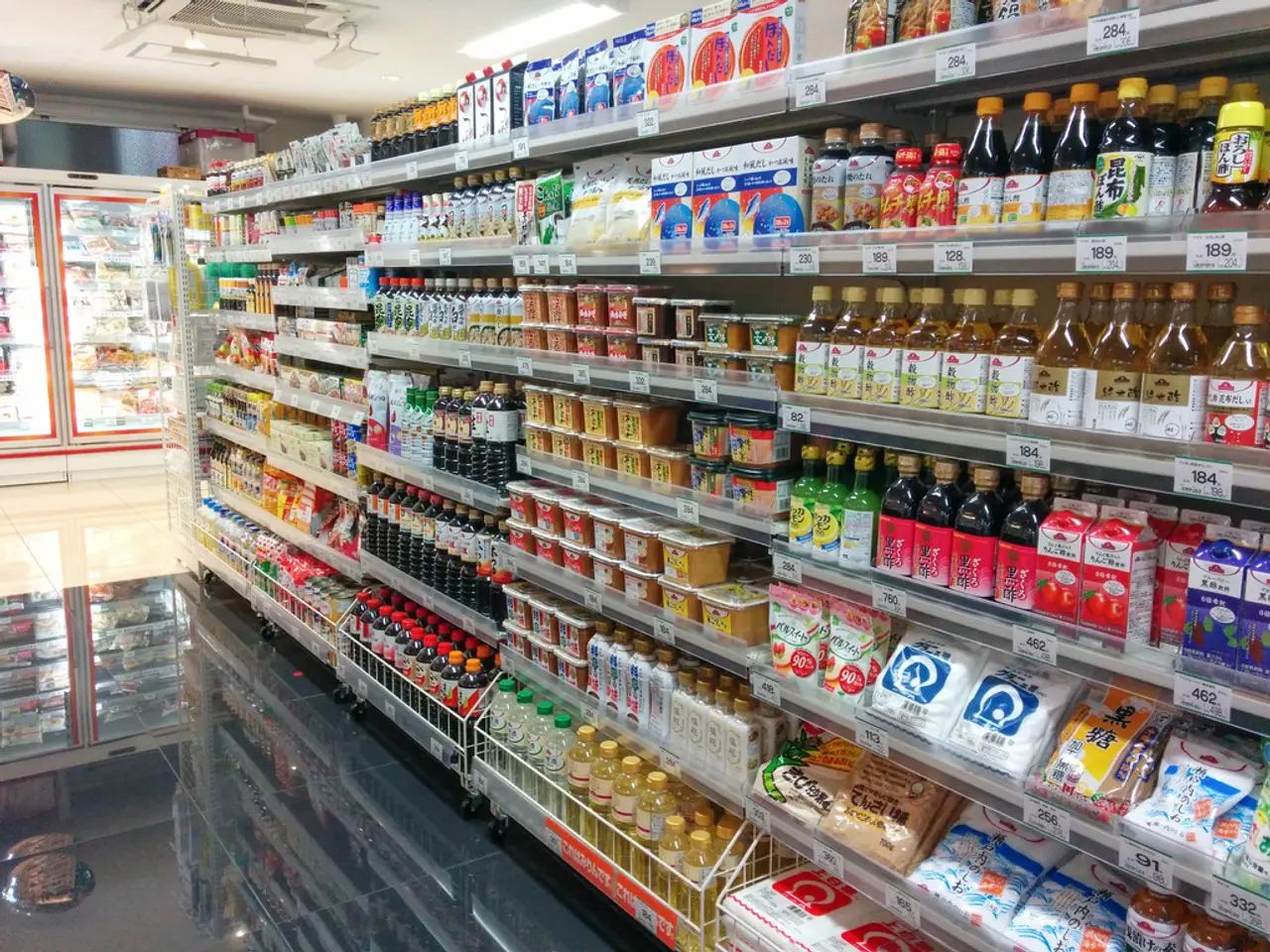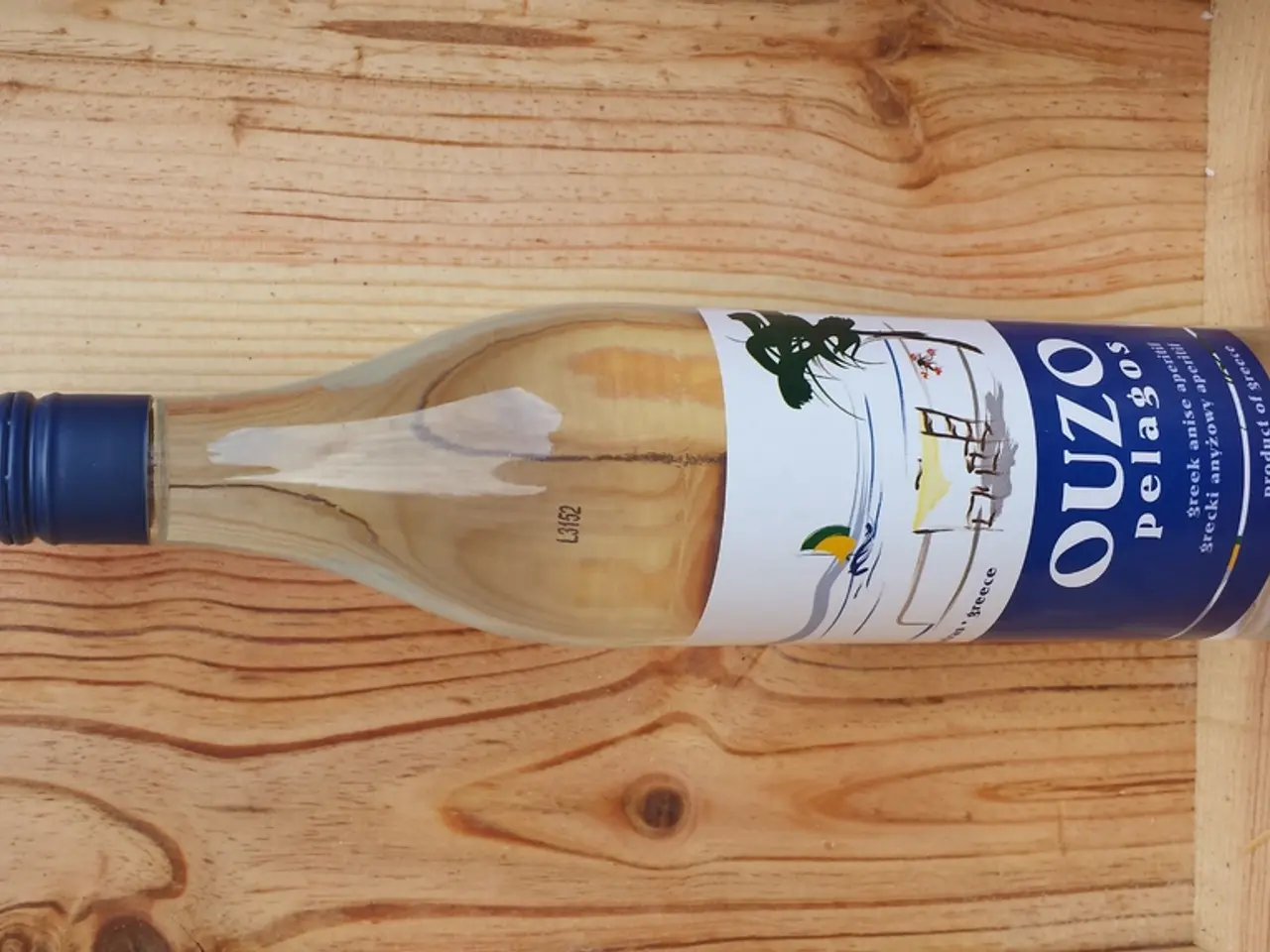United States Increases Import Taxes on Canadian Wood by a Factor of Two
The ongoing U.S.-Canada softwood lumber dispute has taken a turn for the worse, with the United States Department of Commerce more than doubling countervailing duties on Canadian imports. As of August 2025, the total U.S. tariff on Canadian softwood lumber now stands at approximately 35.19%.
This increase, from an initial 6.74% to 14.63%, comes on top of nearly tripled anti-dumping duties, which have risen from 7.66% to 20.56%. This significant escalation in tariffs has sparked criticism from the British Columbia lumber industry and trade groups, who argue that these increased tariffs place undue strain on forestry-dependent communities in Canada and raise construction costs in the U.S.
In response, both Canadian provincial and federal governments are offering support to the industry. British Columbia has proposed measures such as streamlining timber permitting and boosting timber sales, while Prime Minister Mark Carney has announced a $1.2 billion Canadian aid plan, which includes $700 million in loan guarantees and $500 million for product innovation and market development.
Canada continues to defend its industry legally, appealing the U.S. claims of unfair subsidization and dumping through the US-Mexico-Canada Agreement (USMCA), the U.S. Court of International Trade, and the World Trade Organization.
The increased U.S. tariffs are likely to drive up costs for American home builders and the broader construction industry, which heavily rely on Canadian lumber due to limited domestic supply. This could translate into higher housing prices and construction delays in the U.S.
For Canada, the tariffs pressure the lumber sector and related communities but government support aims to stabilize the industry and encourage investment. However, ongoing duties and uncertainty risk hindering export growth and industry stability.
The U.S. is also investigating lumber imports under Section 232 of the Trade Expansion Act for national security concerns, which, if resulting in additional universal tariffs, could raise costs further. This investigation’s outcome was pending as of August 2025 and could exacerbate trade tensions and tariff levels significantly.
In sum, the dispute remains unresolved, with escalating U.S. tariffs and ongoing Canadian resistance both through legal channels and financial support. The tariffs are causing economic strain on both lumber-producing regions in Canada and home builders in the U.S., fueling calls for negotiated solutions to avoid further escalation.
Top officials from the finance and politics sectors are closely monitoring the ongoing U.S.-Canada softwood lumber dispute, as increased tariffs have implications for both industries and general news. The rise in tariffs has been criticized by the lumber industry and trade groups in Canada, sparking concerns about construction costs in the U.S. Additionally, the ongoing investigation under Section 232 of the Trade Expansion Act related to national security concerns may lead to additional universal tariffs, exacerbating trade tensions and potentially placing a heavier financial burden on both countries' economies.




